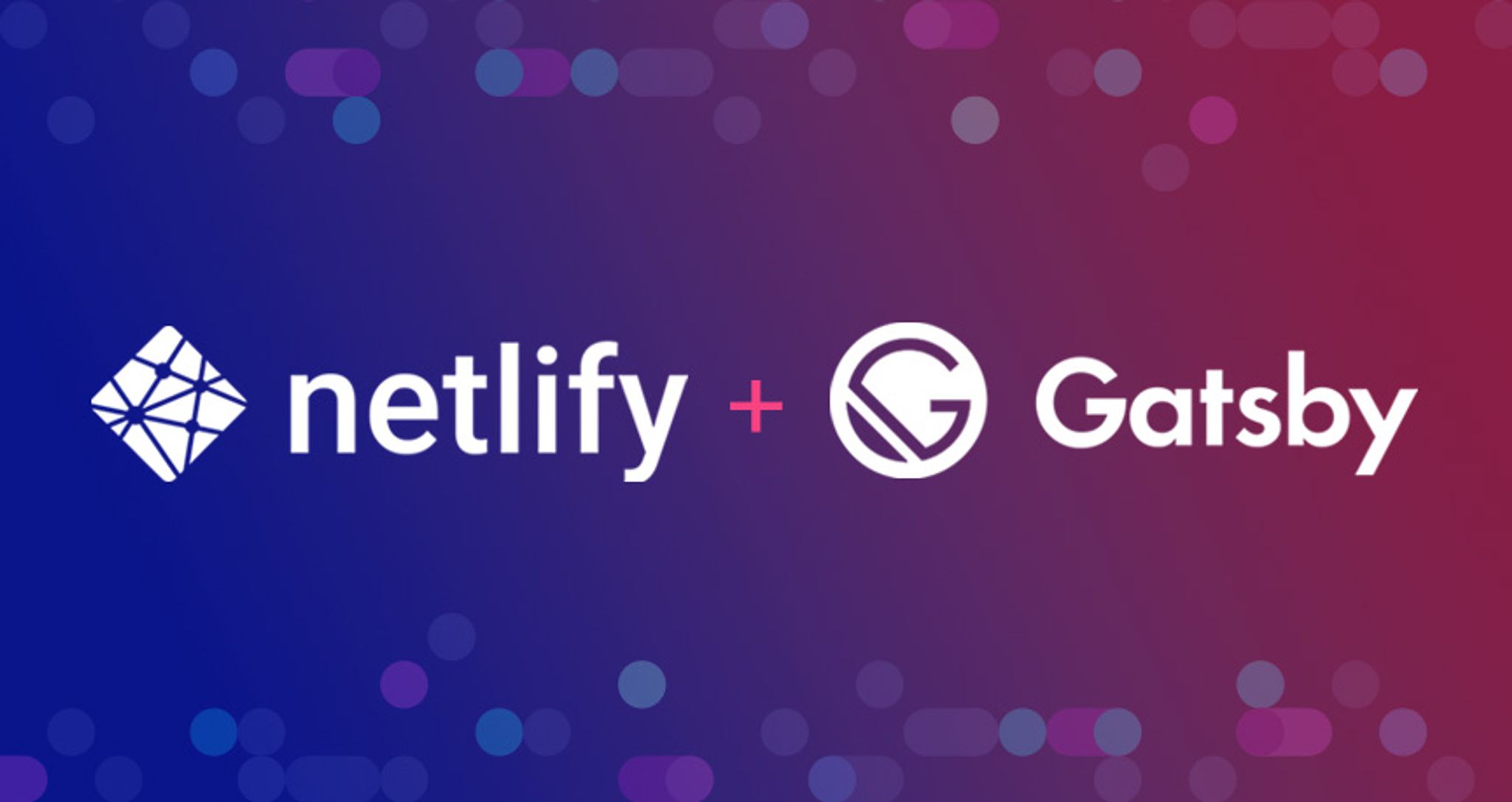Netlify Acquires Gatsby, Aims to Accelerate Adoption of Composable Web Architectures

Netlify has netted another competitive catch.
The leading web development platform announced today that it has acquired Gatsby Inc., provider of an advanced cloud platform for web delivery and content orchestration. It's also the company behind the popular open source framework Gatsby, a static site generator built on top of Node.js using React and GraphQL.
The San Francisco-based startup has been something of a wunderkind in the Jamstack space and the toast of the headless CMS community. In addition to a strong initial round of funding, Gatsby most recently closed on a $28 million Series B in 2020 to grow its offerings. That said, Gatsby has been trailing behind its larger former rival, which pioneered the space and has been doubling down on composable – as signaled by its membership in the MACH Alliance.
The acquisition of Gatsby is Netlify’s latest move to support its vision of empowering developers at companies such as Twilio, Mattel, and Verizon to build a better web and comes on the heels of surpassing 3M+ developers on the Netlify platform.
“The future of the web is composable architectures," said Matt Biilmann, CEO of Netlify. "The acquisition of Gatsby not only accelerates our product roadmap, but more importantly, allows us to provide developers with increased flexibility and choice in building composable web experiences. We’re excited to integrate Gatsby’s cloud innovations into the Netlify platform and open up Gatsby’s content hub and source plugin ecosystem to the diverse world of modern frontend frameworks like Astro, Next, and Remix.”
The rise of "The Great Gatsby"
Gatsby first became known for its high-performance, open source, frontend framework that featured a powerful data layer and an ecosystem of high-quality content management system (CMS) plugins. On top of the framework, Gatsby built a cloud platform for building, deploying, and previewing large enterprise content sites and has since been growing revenue at more than 100% year-over-year.
To keep the power in the hands of developers and honor its deep roots in open source, Netlify is committed to being good stewards of the Gatsby open-source project, and the maintainers will join the open source group together with the creators of frameworks like Solid JS and Eleventy.
Gatsby’s source plugin ecosystem – originally targeted primarily to content management systems – is also accessible to any data source that exposes an API (such as e-commerce systems like Shopify), enabling teams to easily adopt composable architectures without having to write glue code. The company has been working closely with partners and enterprise customers to deliver the new Valhalla Content Hub, which builds upon their data layer and delivers a hosted, fault-tolerant, edge-first GraphQL API.
“After years of partnering with Netlify, we are thrilled to join forces,” said Zack Urlocker, CEO of Gatsby. “We share a belief in the future of composable architecture, and together, we will better be able to bring our cloud solution to enterprise teams and accelerate the adoption of composable.”
Additional Resources
About Netlify
Netlify is the platform your developers love for building highly-performant and dynamic websites, e-commerce stores and web apps. By uniting an extensive ecosystem of technologies, services and APIs into one workflow, Netlify unlocks new levels of team productivity, while saving time and money. As pioneers of the Jamstack movement, Netlify brings together all modern web frameworks, serverless functions and edge computing into one platform to deliver unmatched user experiences. Millions of developers and businesses build with Netlify, from Fortune 500 companies like Unilever and Verizon to companies changing our digital experiences like Peloton and Twilio. Get started for free at netlify.com.
About Gatsby
Gatsby is a web development framework that brings together all the best, modern ways to build on the web. Specifically designed to help frontend engineers leverage the advantages of cloud native architecture, Gatsby provides the most collaborative, secure, and performant way to build websites with access to a broad ecosystem of tools and enhancements via easy to setup integrations. Used by Fortune 500 companies including ButcherBox, Capital One, DraftKings, IBM, and Impossible Foods, the company is backed by Index Ventures, CRV, Trinity Ventures, Dig Ventures, Mango Capital, Fathom Capital, and prominent angel investors.